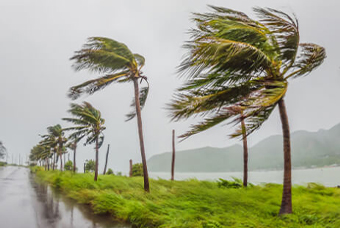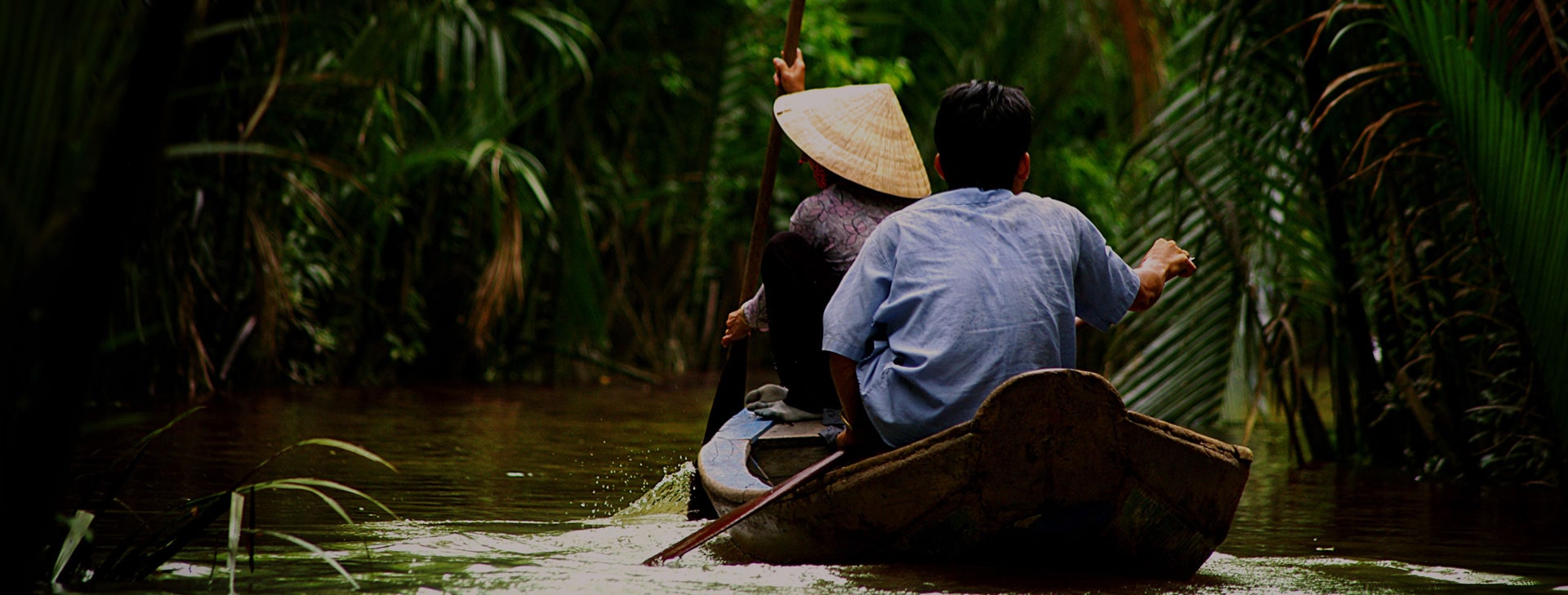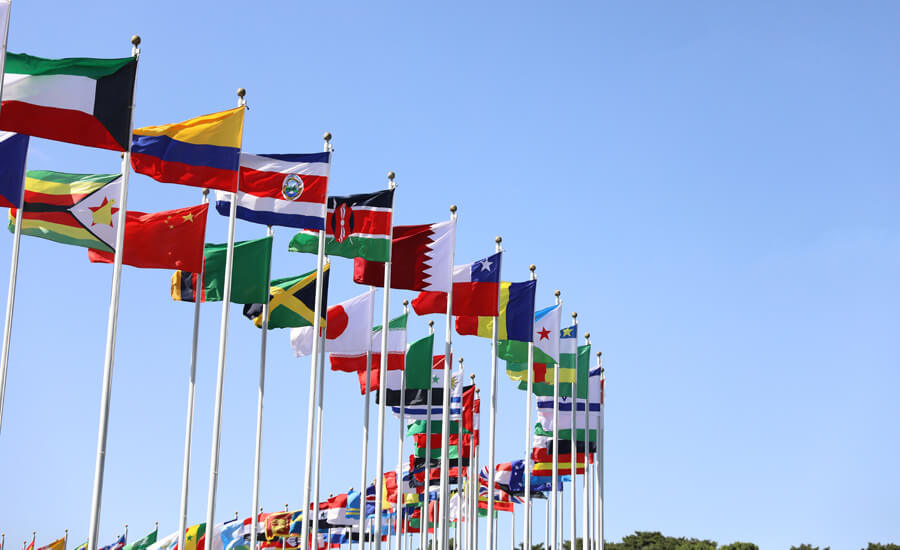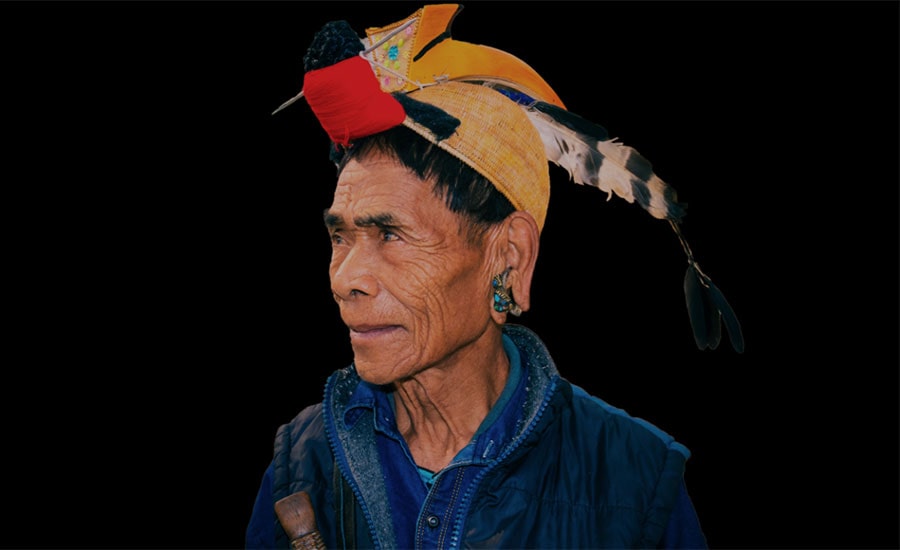The continent will continue to incur a steep price in human and economic costs from climate change, as well as environmental pollution.
Asia is now the epicentre of concern over climate change and its impacts. As both the world’s largest contributor to GHGs and as the region most vulnerable to climate impacts, Asian government and business leaders must take action as both a human rights and economic imperative.
Nevertheless, as this study has found:
Asia’s GHG emissions are almost certain to increase. Many countries across the region continue to rely on coal for power. This will likely still be the case for the next 10 years. The lack of political will to fully embrace clean energy and responsible business practices is informed, in part, by the high costs of the green transition. Financing this transition will be required from multiple sources and regions.

The continent will continue to incur a steep price in human and economic costs from climate change, as well as environmental pollution. The increase in the frequency and severity of climate-related hazards poses significant and, without adaptation, persistent, risks to life’s essentials: the right to food, water and sanitation, health and housing. The impacts on workers, their families, vulnerable groups and economies will grow increasingly severe. These facts need to be reflected in government policies and budgets. Businesses need also to consider more deliberately, the risks climate change poses to people and the bottom line.
Third, despite the urgency to address climate impacts, weak governance continues to undercut meaningful climate action in many countries within the region. Corruption, poor accountability and weak human rights protections will hamper better oversight of environmental rights abuses. Governments must address these shortcomings, and work toward translating the right to a clean, healthy and sustainable environment into national policy instruments and domestic law. Further, states should mandate new compliance measures, while also using the public purse to promote carbon mitigation and adaptation.
As outlined in this report, commercial endeavours have directly or indirectly resulted in climate degradation, the loss of biodiversity, the erosion of workers' rights, instances of forced and child labour, as well as the tragic targeting and harm of environmental and human rights advocates. The region of South-East Asia has witnessed a particularly alarming surge in attacks against these defenders. Businesses would do well to respect the work of rights defenders and put human rights considerations at the centre of their risk mitigation strategies.
Businesses are looking to policymakers to provide effective guidance on how to respect human rights throughout their operations. States should consider the place of mandatory HREDD laws in their corporate legal frameworks to provide protective guardrails for human rights and the environment. Governments could help to ensure that the integrity of auditing practices and benchmarking indices is not compromised, including the verification of third-party auditors. While businesses should adopt HREDD, regardless of the rules in place where they and their commercial partners operate. The process would allow companies to efficiently identify, prevent, mitigate and account for the negative impacts of their activities or those of their subsidiaries, subcontractors, and suppliers.
The UNGPs and other globally recognised frameworks can help governments and businesses, both jointly and severally, address the challenges posed by climate change. Experts interviewed in the course of our research stressed the utility of the role that businesses are currently playing in climate change mitigation and adaptation actions, including within the garment, palm oil, paper, and mining sectors. Each of these industries illustrates how corporate sustainability practices are evolving and addressing barriers in different ways. In time, a critical mass of actors will rethink and reengineer their operations to reduce their GHG footprints. As a result, we may just be able to overcome the global climate change challenge, and enjoy a world where economic growth and the full range of our human rights are enjoyed in equal measure.
Download the report
Access the footnote sources, appendix information and charts by downloading the full PDF report
Written by










